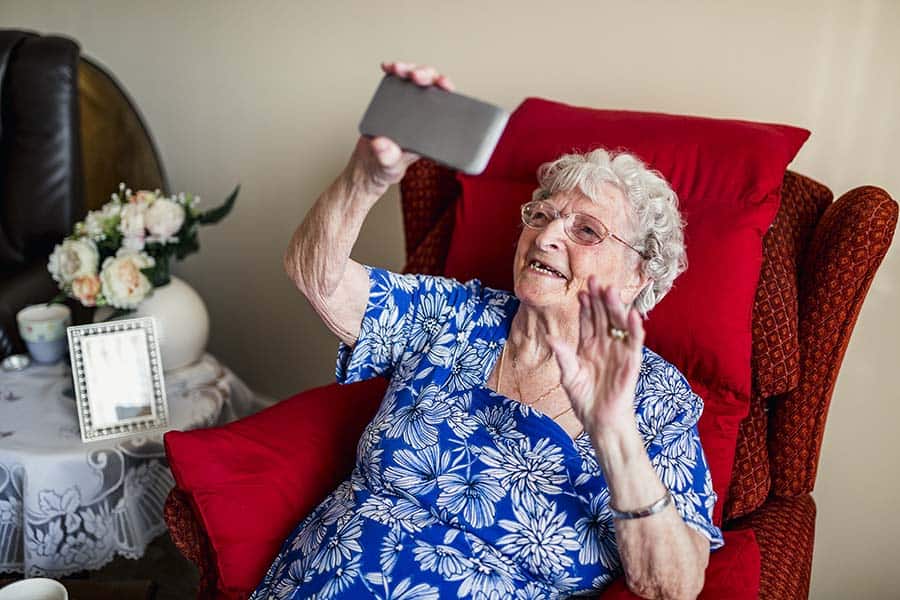Better Care Fund policy framework 2022-23: Details for the assistive tech sector

The UK Government is reinforcing its commitment to joined-up health, social care and housing with the publication of its Better Care Fund policy framework for 2022-23.
A minimum of £7.2 billion has been committed to the Better Care Fund (BCF) for 2022-23.
It is designed to integrate health, social care and housing services to ensure people can live independently at home for longer. The BCF policy framework applies to England.
Below, AT Today has outlined the key points from this policy framework that professionals in the assistive technology sector should be aware of.
What is the Better Care Fund?
Launched in 2015, the BCF supports local systems to enable people to stay independent at home and get the care they need, when they need it.
The BCF funds areas like home adaptations for disabled people, incorporating life-changing assistive technologies like homelifts, stairlifts, ramps, and grab rails.
It is one of the government’s national vehicles for delivering its integration agenda. The BCF requires integrated care boards (ICBs) and local government to agree a joint plan, owned by the health and wellbeing board (HWB).
The fund represents a collaboration between the Department of Health and Social Care (DHSC), Department for Levelling Up, Housing and Communities (DLUCH), NHS England and Improvement, and Local Government Association (LGA).
What is the Better Care Fund policy framework for 2022-23?
The BCF Framework 2022-23 is designed to introduce capacity and demand planning for intermediate care services to help the health and social care system prepare for winter.
It builds on initiatives developed during the pandemic, strengthening the integration of commissioning and delivery of services and providing person-centred care, as well as continuing to support system recovery from the pandemic.
It will also strengthen focus on person-centred outcomes by asking areas to meet two overarching objectives reflecting the priorities for health and social care integration:
- Enable people to stay well, safe and independent at home for longer
- Provide the right care in the right place at the right time
As part of this, local authorities will be asked to develop capacity and demand plans for intermediate care covering both admissions avoidance and hospital discharge across health and social care to help the system prepare for winter.
A large focus of the BCF framework for 2022-23 is about preventing hospital admissions in the first place and speeding up hospital discharges.
Commissioners, as part of their BCF plans, could incorporate the use of assistive technologies to prevent admissions. For example, falls monitoring and prevention devices could help spot potential falls before they happen, avoiding a trip to hospital and any harm to the individual.
Looking at facilitating appropriate and timely discharges, telecare devices, for example, could be used to monitor people who still need some additional support and reassurance following a stay in hospital. Such devices can alert a designated contact if unusual activity is detected or help is needed.
Better Care Fund contributions 2022-23
The BCF requires local authorities to pool budgets, including £4.5 billion of NHS funding, £2.1 billion from the improved Better Care Fund (iBCF) grant to local authorities, and £573 million from the Disabled Facilities Grant (DFG).
The NHS contribution to the BCF is increasing by 5.66 percent in line with the NHS Long Term Plan settlement. In 2022, this minimum is almost £2 billion and will protect vital social care services that help people to remain independent or recover following a spell in hospital, the government says.
The iBCF, which is part of the overall BCF funding package, has increased by £63 million this year, to £2.14bn. The DFG will be maintained in 2022-23 at £573 million.
Read the full Better Care Fund policy framework for 202-23 here.

